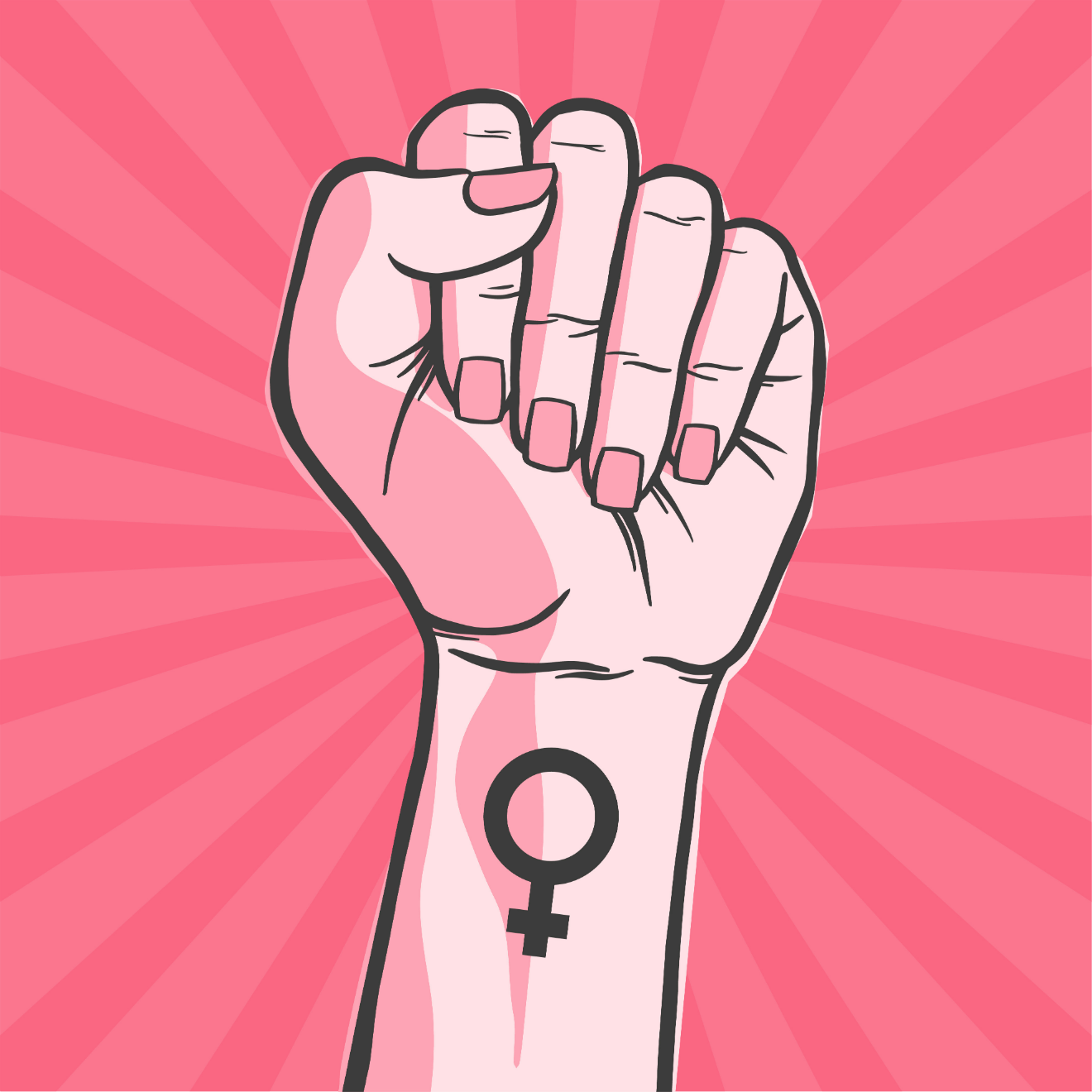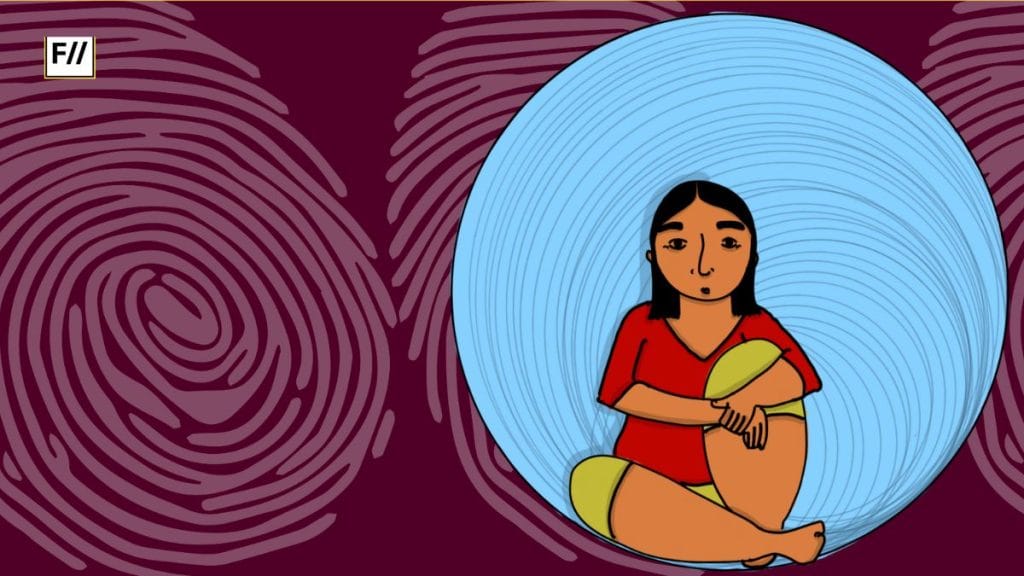Posted by Rajvi Mariwala
Mental health in the public eye is usually centred around statistics of persons needing help and lack of experts all cloaked in inaccessible language. Looking at mental health as just symptom – disease – treatment rather than the broader context and environment of individuals is problematic. First, it doesn’t take into account pervasive stigma and ableism when living with mental health issues, which means that people are labelled when unable to pass as ‘normal’ and are isolated within families, schools, workspaces and in hospitals.
This dominant biomedical narrative also falls short because it doesn’t address links between mental health, marginalisation, poverty and stigma. Thus, mental health needs to be viewed as psychosocial because psychological and social factors affect mental health as well. Many studies have shown that marginalised communities are more susceptible to mental health stressors. Additionally, the distribution, affordability and suitability of mental health services render them largely inaccessible for communities marginalised by caste, class, location, language, gender and sexuality.
Many studies have shown that marginalised communities are more susceptible to mental health stressors.
For example, 1 in 3 homeless individuals suffer from a mental illness. Persons from the most marginalised socio-economic background have a risk 8 times higher than those from higher socio-economic status for schizophrenia. Thus, it is not enough to provide mental health support but also imperative to provide housing assistance or economic support since unstable living arrangements and poverty cause psychosocial distress.
For those who can access professional support, there is lack of not just informed consent, but also, lack of knowledge about rights and agency over treatment. A Human Rights Watch report on mental health facilities in India says “particularly abusive conditions including overcrowding and lack of hygiene, inadequate access to general health care, and physical, verbal, and even sexual violence.” Also, routine arbitrary detention of persons with mental illness – which can include forced psychiatric intervention, seclusion, isolation, and restraint. So, the very avenues for treatment and care end up compounding mental health issues.
There are many barriers in social environments – many persons with mental illness are stopped from exercising their civil, economic, social and cultural rights. This ranges from being prevented to vote or open a bank account or to being discriminated against in the communities they live in. Such barriers result in a situation where the person is unable to enjoy full and active participation in society on an equal basis with others.
Persons from the most marginalised socio-economic background have a risk 8 times higher than those from higher socio-economic status for schizophrenia.
Hence, rights based mental health praxis and communication is deeply feminist. It necessitates an intersectional and intersectoral approach, which takes on board the ways in which systemic and structural barriers all contribute to an individual’s mental health as well as that psychosocial distress is related to inclusion, social justice, development, livelihoods, physical health and human rights.
Bridge the Care Gap
Why is the feminist movement, the women’s movement not allying with the mental health movement? Here’s one chance – mental health practitioners and advocates have launched a campaign asking politicians to implement the Mental Health Care Act 2017 and National Mental Health policy which proactively safeguard the rights of persons living with a mental illness. These provisions also address social and economic disparities that compound mental health conditions and provide quality, accessible and affordable mental health services within communities. Please watch the video that centres narratives of user-survivors and sign the petition at www.bridgethecaregap.com.
References
- Why Are India’s Laws to Protect the Rights and Dignity of the Mentally Ill Not Working?
- ‘Funding Mental Health’; ReFrame, Volume 1, September 2018, Dave and Mariwala, MHI, Mumbai.
Also read: Love, Mental Health And Feminism In ‘Crazy Ex-Girlfriend’
Rajvi Mariwala is Director of Mariwala Health Initiative, with an educational background in Business Economics and International Relations. After gaining an MBA degree, Rajvi worked for some years with Marico Industries, and is currently a board member of Parcham, an NGO that works with adolescent girls through sports, in Mumbra, Thane.
Featured Image Source: TalkSpace
About the author(s)
MHI is a funding agency for innovative mental health initiatives, with a particular focus on making mental health accessible to marginalized persons and communities. MHI’s goals include reaching out to marginalized populations and communities, in order to alleviate their mental health concerns, as well as capacity building for individuals, organisations, communities, and institutions through training, building networks, and knowledge sharing.




